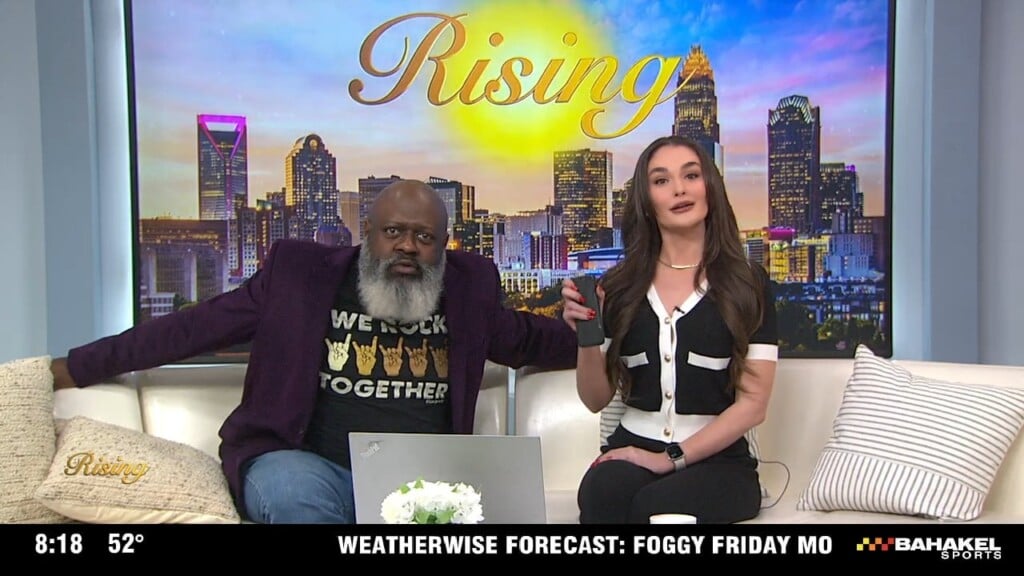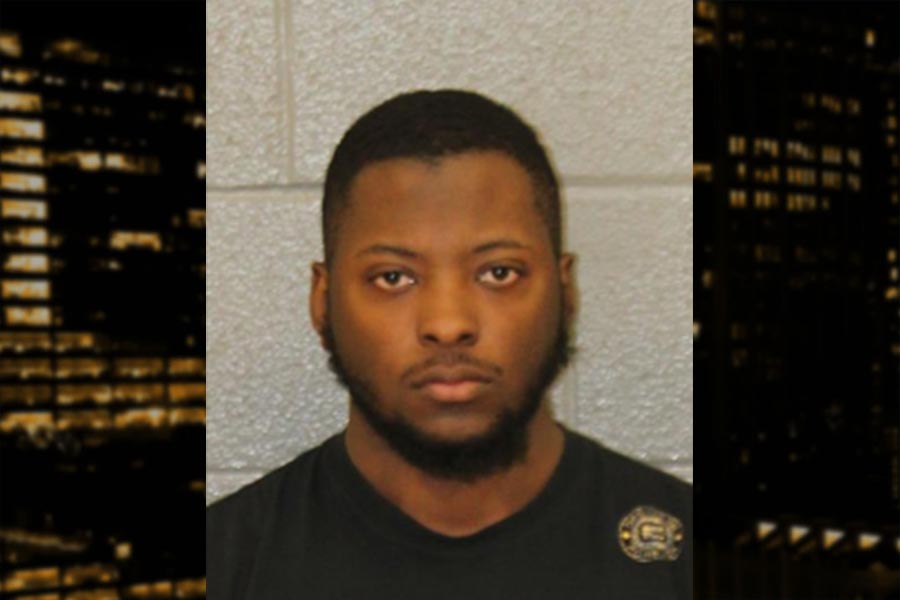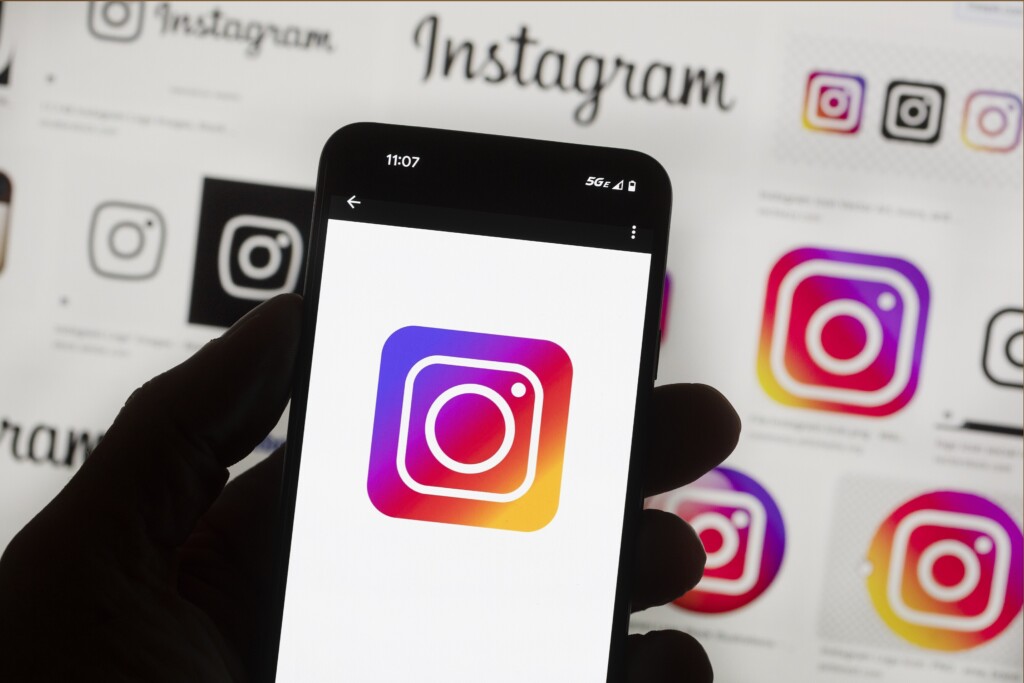How Men Can Prioritize Therapy and Healing During Men’s Mental Health Awareness Month
CHARLOTTE, N.C. — For many men walking into Maurice Harvey’s office is a breath of fresh air and a safe space to share their thoughts.
Harvey has worked in the mental health field for nearly 20 years.
He works with everyone and said black men are often hesitant to start therapy.
“Men are taught very early and socialized very early to not talk about what’s happening. just pick it up and go,” Harvey said.
The CDC said suicide rates are climbing amongst black men and young black men are twice as likely to die by suicide than white youth.
Studies show only 26 percent of black and Hispanic men who experience daily feelings of anxiety and depression actually seek mental health services.
“A lot of times men don’t have an outlet. They don’t feel safe to talk about the everyday thing that’s causing them conflict.”
Harvey works to break down the barriers that prevent men from coming to therapy.
He said for black men that can include societal pressures as well as childhood trauma and racial discrimination.
“You have to be stronger, smarter and better than other people, specifically white counterparts. There is so much work that you have to put into just meeting a baseline and that pressure sometimes is crushing,” Harvey said.
He’s also creating representation in the mental health field as blacks make up less than five percent of the psychology workforce and most are women.
He said that representation is important in creating a space where men feel like they can relate to their mental health care provider.
“I love that when black men come to me they get to be exactly who they want to be,” Harvey said.
He hopes that will help more men to open up and know that they’re not alone.
“It’s okay to not be okay. Everyone has a struggle and its okay to have support.”




